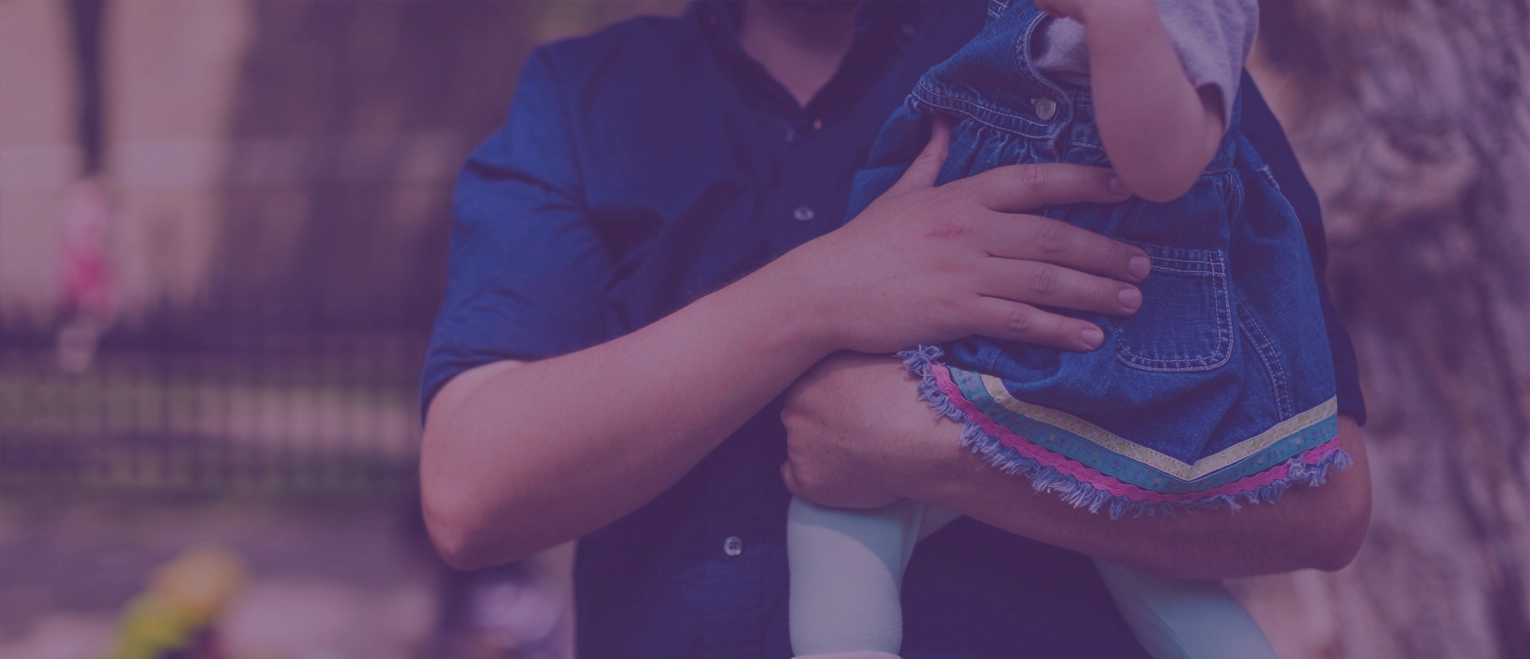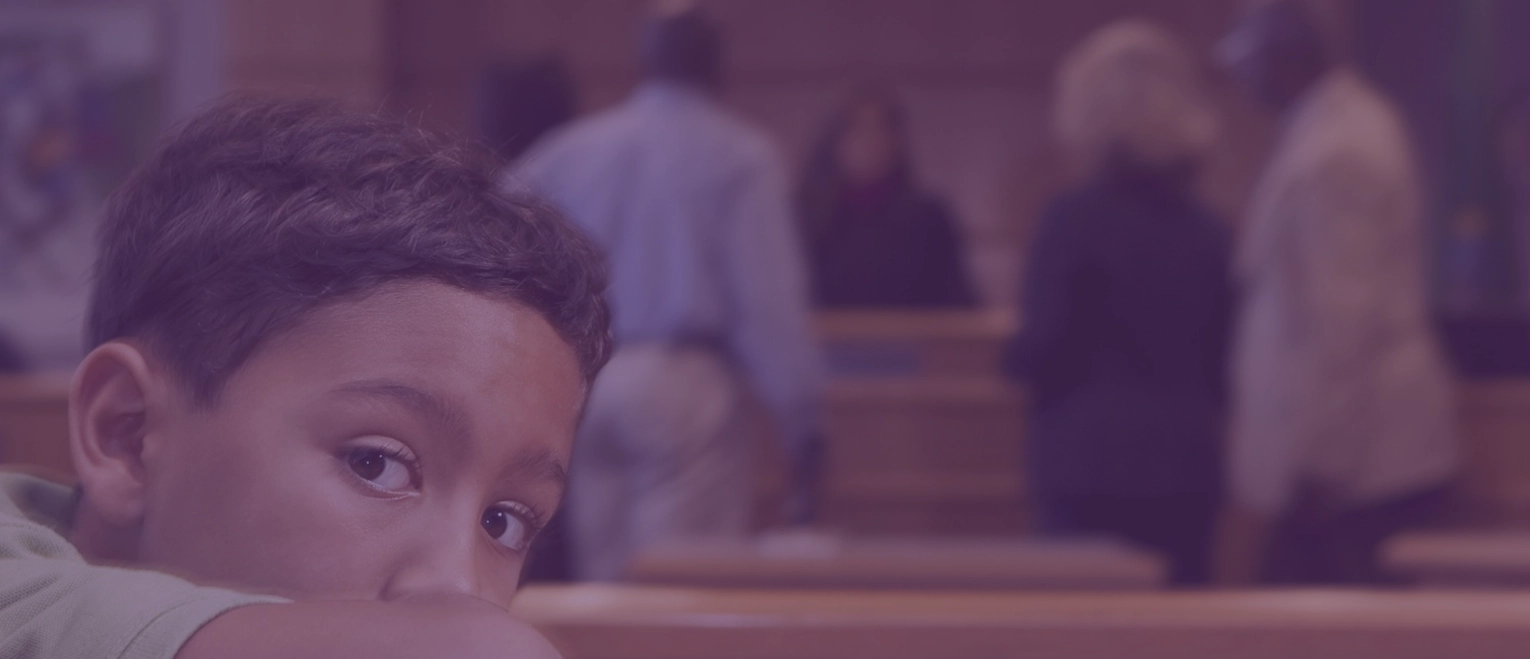Kids can’t sue … or can they? Ask a Toronto personal injury lawyer
The Toronto personal injury lawyers at Verkhovets Law know that the answer to the question of whether children can sue for personal injuries in Ontario is a hard no … and, yes. Under the Rules of Civil Procedure (RCP) children cannot independently initiate personal injury lawsuits in Ontario. But a litigation guardian can be brought on board to sue on a child’s behalf for compensation if they are injured due to someone else’s negligence.
So if eight-year-old Billy suffers a dirty hit from behind during a hockey game and is left with a spinal cord injury, he can’t sue his nemesis by himself, but his dad can do it for him, say our Toronto personal injury lawyers. And Alice, 10, left with a permanently mangled arm when a hit-and-run driver cut her down in a pedestrian accident, can have her mother step in as her litigation guardian in the ensuing lawsuit.
Our Toronto personal injury lawyer, Mariya Verkhovets, notes Rule 7 of the RCP addresses the representation of persons under disability – which includes minors – and provides guidance on how individuals who lack the capacity to represent themselves can proceed with lawsuits.
The definition of incapacity is within the Substitute Decisions Act (1992). With respect to children, it reflects recognition in Ontario law that minors may not have the ability to understand and navigate the complexities of legal matters, say our Toronto personal injury lawyers.
That means people under age 18 cannot under any circumstances independently initiate civil lawsuits in the Superior Court of Justice. Our Toronto personal injury lawyer says to address this, the law mandates the appointment of a litigation guardian – typically a parent or other close adult family member – to act for the child.
The exception is in Small Claims Court where minors are permitted to represent themselves, but only if they are the plaintiffs and the claim is less than $500. That’s because this court has simplified procedures to make it more accessible for individuals, including minors, notes our Toronto personal injury lawyer, Mariya Verkhovets.
Meanwhile, our Toronto personal injury lawyers say that when minors sue, it triggers an exception to the usual two-year time limit to launching a lawsuit under the Limitations Act. If the child isn’t represented by a litigation guardian, the limitation period starts when they reach age 18.
Childhood injuries: a serious problem in Canada
The Toronto personal injury lawyers at Verkhovets law know that injuries are a leading cause of chronic illness and death among children in Canada. Preventable injuries place first in the top 10 threats to kids’ health, says a CTV News report.
According to the Canadian Health Survey on Children and Health – which calls unintentional injuries to kids a “public health concern in Canada” – during 2018/19 (last report) 20,626 hospitalizations happened to severely injured minors.
Our Toronto personal injury lawyer says the top three types of injuries are:
- Concussion (Brain injury)
- Cuts or punctures
- Fractured bones
Our Toronto personal injury lawyer adds there are various types of accidents that can inflict serious personal injuries on children including:
So, what’s a litigation guardian anyway?
Since minors don’t have the legal capacity to sue on their own in Canada, a litigation guardian must be in place to bring a personal injury claim for them – or they must wait until they reach 18, explains our Toronto personal injury lawyer. The litigation guardian assumes the responsibility of representing the child’s interests and makes decisions with respect to the lawsuit. The framework exists to ensure the minor’s rights within the legal system are protected by having a responsible adult act on the child’s behalf, with their best interests in mind.
Our Toronto personal injury lawyer notes a litigation guardian is usually a parent/legal guardian, family member, or other adult who oversees the matter – but they must retain legal counsel as the case can’t proceed as “self-represented.” The guardian does however provide instructions to the personal injury lawyer representing the minor.
The process starts when a document known as a “Notice of Appointment of Litigation Guardian” is filed with the court. It outlines the details of the proposed litigation guardian, including their relationship to the minor they will be representing. The candidate also files an affidavit affirming their willingness to act as the litigation guardian, that they lack any conflicts of interest, understand the responsibilities, and have no adverse interests
The court then determines if the individual is suitable and if satisfied, issues an Appointment Order officially designating them, says our Toronto personal injury lawyer.
If there is no suitable family member or other individual willing or able to act in the role, the Office of the Children’s Lawyer (OCL) or the Public Guardian and Trustee (PGT) may be tapped.
Also, if there are concerns about the suitability of the proposed litigation guardian, the court may appoint the OCL to conduct an independent assessment and represent the child’s best interests, adds our Toronto personal injury lawyer.
6 key responsibilities of a litigation guardian
The Toronto personal injury lawyers at Verkhovets Law know it’s crucial for a litigation guardian to be well-informed, act diligently, and prioritize the minor’s welfare throughout the legal process.
The main duties include:
- Legal decisions
- Instruct lawyers
- Attend court
- Ensure rule compliance
- Instruct/decide on settlements
- Protect and manage settlement proceeds
The litigation guardian also accepts the potential of personal liability for costs, note our Toronto personal injury lawyers.
Can a minor testify in their personal injury suit?
Yes, minors are permitted to give evidence in their personal injury lawsuit, says our Toronto personal injury lawyer, Mariya Verkhovets. But there are procedures in place to ensure their testimony is admissible and given the appropriate weight.
The processes related to competency of children to testify are addressed in the Ontario Evidence Act and the Rules. Generally, the court will assess if the child is able to communicate effectively, and if they demonstrate an understanding of the nature of an oath or solemn affirmation. Another factor of competency is that the child possesses sufficient intelligence to justify reception of evidence.
The court will also consider if the child understands the duty to tell the truth and in some cases the judge may conduct an examination of competence, notes our Toronto personal injury lawyer.
If a child is unable to understand the nature of an oath or affirmation, their evidence may still be admitted if they understand the concept of telling the truth and promise to do so. Another test, as in s. 16.1 of CEA, is that the child is able to “understand and respond to questions.” The Supreme Court of Canada has established a less stringent standard for unsworn evidence by children, notes the Toronto personal injury lawyers at Verkhovets Law.
Call or email today
The Toronto personal injury lawyers at Verkhovets Law understand it’s a traumatic life event when a minor is injured. But the child can sue to get the compensation they deserve – with help. Email or call us to get started.






